13:36, 06/09/2023
The collapse of the Kakhovka dam in Kherson Oblast has caused massive flooding in southern Ukraine, threatening to wash away villages and halting hopes of Ukrainian forces advancing across the Dnieper River.
Russia and Ukraine have accused each other of deliberately destroying the dam. Meanwhile, experts are assessing the environmental damage and authorities on both sides are working to evacuate thousands of people. The big question now is how will the Kakhovka dam collapse impact the Russia-Ukraine conflict and how will it affect the parties involved?
Impact on Russia
When the Kakhovka Dam collapsed, Ukraine immediately blamed Russian forces, who now control the dam and the surrounding area, for the incident. It happened less than 48 hours after Moscow announced that Ukraine had officially launched a long-planned counteroffensive. Kiev officials said the timing may not have been a coincidence.
Kherson has long been considered a potential target for a Ukrainian counteroffensive. Russia took control of Kherson in 2022, shortly after launching a special military operation in Ukraine.
Russia then withdrew from the city of Kherson and established defenses on the east bank of the Dnieper, while Ukraine controlled the area on the west bank of the river. The Dnieper, across which the Kakhovka Dam lies, now acts as a natural boundary separating Russian- and Ukrainian-controlled areas.
Ukraine has repeatedly warned that Russia may be planning to blow up the dam, while Moscow has issued similar warnings about Ukraine. “The dam collapse could give Russia an advantage because Moscow is strategically on the defensive and Ukraine is on the offensive,” said Christopher Tuck, a conflict and security expert at King’s College London. “Kiev would certainly have difficulty crossing the river due to the rising water.”
The increase in the intensity of Ukrainian attacks on the front line this week may be a sign that Ukraine has begun to counterattack, but the scale of the battlefield is shrinking, which analysts say could benefit Russia.
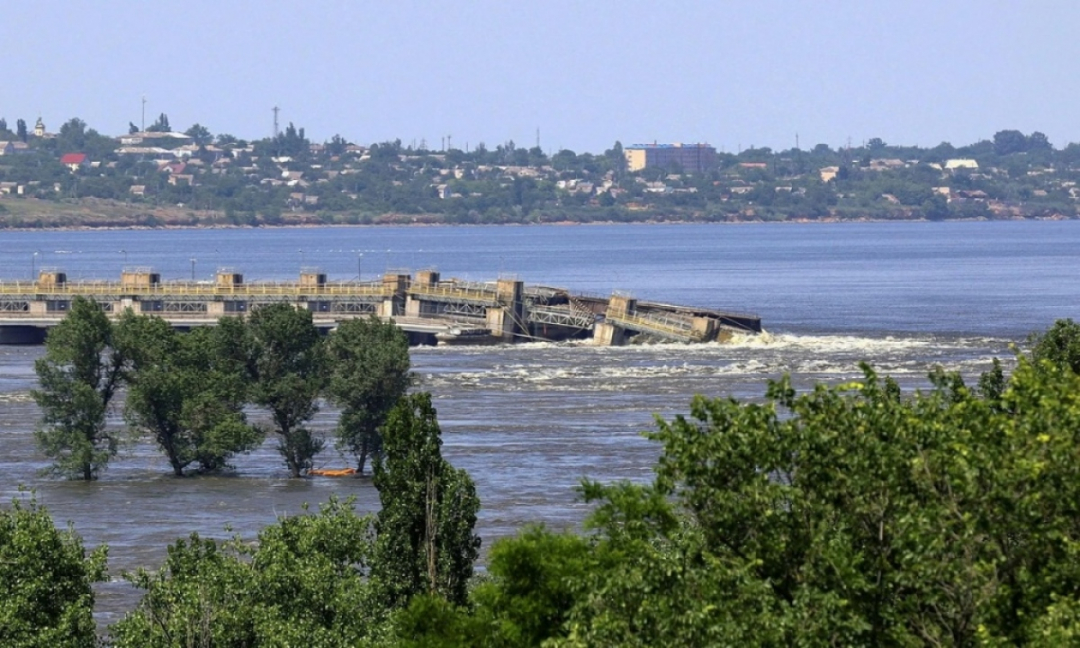 |
| The area of the Nova Kakhovka dam that collapsed in the Kherson region, southern Ukraine, on June 6. Photo: Reuters |
“The collapse of the Kakhovka Dam would significantly complicate or even make it impossible for Ukraine to cross the river,” said Michael A. Horowitz, a geopolitical and security analyst and head of intelligence at the Le Beck consulting firm. “More importantly, it would reduce the area of the front line that the Russian army needs to defend after fierce winter fighting that has drained both manpower and material resources on both sides.”
Ukrainian presidential adviser Mykhailo Podolyak accused Russia of blowing up the dam with the aim of “creating obstacles for Kiev’s offensive operations.” According to some Western officials, the US government has intelligence sources that favor the possibility that Russia was behind the Kakhovka Dam attack.
Impact on Ukraine
Russia, for its part, has denied all accusations made by Ukraine and the West, accusing Kiev of destroying the dam to distract attention from a major counteroffensive. Russian Defense Minister Sergei Shoigu said Kiev could use the dam collapse to move its units from the Kherson frontline to more needed areas.
Some Russian military bloggers have suggested that the dam collapse would benefit Ukraine, as areas controlled by Moscow would be hit hardest. The floodwaters would disrupt booby traps and damage Russian frontline positions. Some analysts say the defenses Russia has been building up for months would be partially compromised, but there is no clear indication of a Ukrainian motive.
According to Michael A. Horowitz, the collapse of the Kakhovka Dam would result in the loss of some advantages for both sides. “Some of the defenses that the Russian military has built along the coast would be lost, and this would certainly impact settlements in the Russian-controlled areas. For Ukraine, this would lead to an environmental disaster and the risk of losing one of the main energy sources in the south.”
Experts had raised concerns about the risk to the Kakhovka Dam in the months before the incident, warning that the reservoir behind it had become too full due to heavy rain and melting snow. “A dam failure would be catastrophic for everyone,” said Frank Ledwidge, a lecturer in military strategy at the University of Portsmouth in the UK.
Can Ukraine's counterattack be thwarted?
It is too early to say how the dam collapse will affect Ukraine’s counteroffensive, especially since Kiev has kept its plans strictly secret. But many observers believe the incident could hamper the ground offensive and force the Ukrainian government to focus its attention and resources on the damage.
“A dam failure could leave large areas flooded for a long time,” noted Phillips O’Brien, professor of strategic studies at the University of St. Andrews in Scotland. “Wet and muddy conditions on the ground would make it difficult for Ukraine to move large numbers of armored vehicles or artillery to breach Russian fortifications.”
According to expert Christopher Tuck, it is unlikely that the dam collapse will completely stop Ukraine's counterattack: "Attacks across rivers are often difficult, so Ukraine may choose to attack along the inland axis rather than along the Dnieper River. But the flooding could disrupt Ukraine's secondary attacks from that direction."
Even before the dam collapse, the Dnieper River was considered a significant obstacle for Ukrainian forces. They would have to cross it by boat, overpass or pontoon bridge, or by helicopter. All of these would be vulnerable to attack.
Instead of crossing the Dnieper, Ukraine could choose to attack east of the river, in the Zaporizhia region, said Michael Kofman, director of the Russian Studies Program at CNA. This would avoid a dangerous river crossing while still giving them a chance to cut off Russian forces south of Kherson and in the eastern region.
“If Ukraine’s plan is to breach Russian defenses in Zaporizhia and advance to the land border from Crimea, or to cut off the land corridor to the Crimean peninsula, flooding may not hinder their operations,” noted Michael Kofman.
According to VOV
Source link



![[Photo] Launching ceremony and drawing of pairs for the "9th TIM CUP Highland Charity Football Tournament"](https://vphoto.vietnam.vn/thumb/1200x675/vietnam/resource/IMAGE/2025/5/31/a4c145af5d1e48c5b48c95116d41a73c)
![[Photo] Prime Minister Pham Minh Chinh attends the opening ceremony of the National Law Portal](https://vphoto.vietnam.vn/thumb/1200x675/vietnam/resource/IMAGE/2025/5/31/f02ed6288a4340bdb4adf1b2149b9614)






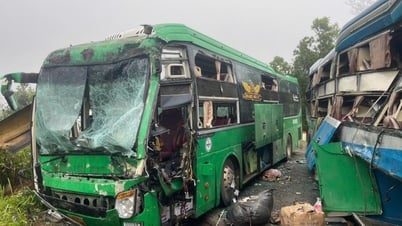










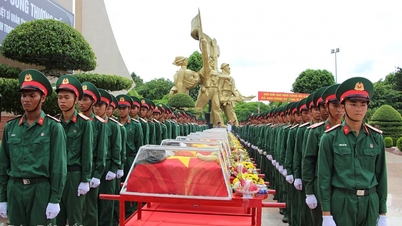

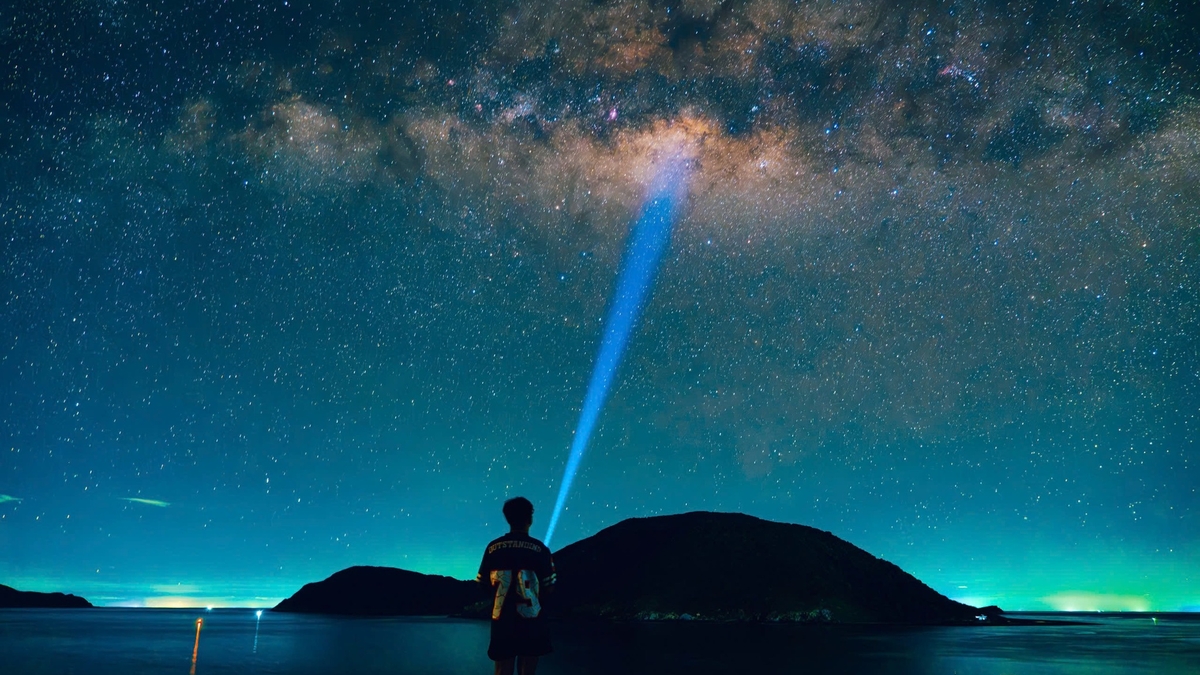
![[Photo] General Secretary To Lam receives Chief of the Central Office of the Lao People's Revolutionary Party](https://vphoto.vietnam.vn/thumb/1200x675/vietnam/resource/IMAGE/2025/5/30/140435f4b39d4599a3d17975dfb444c5)

































































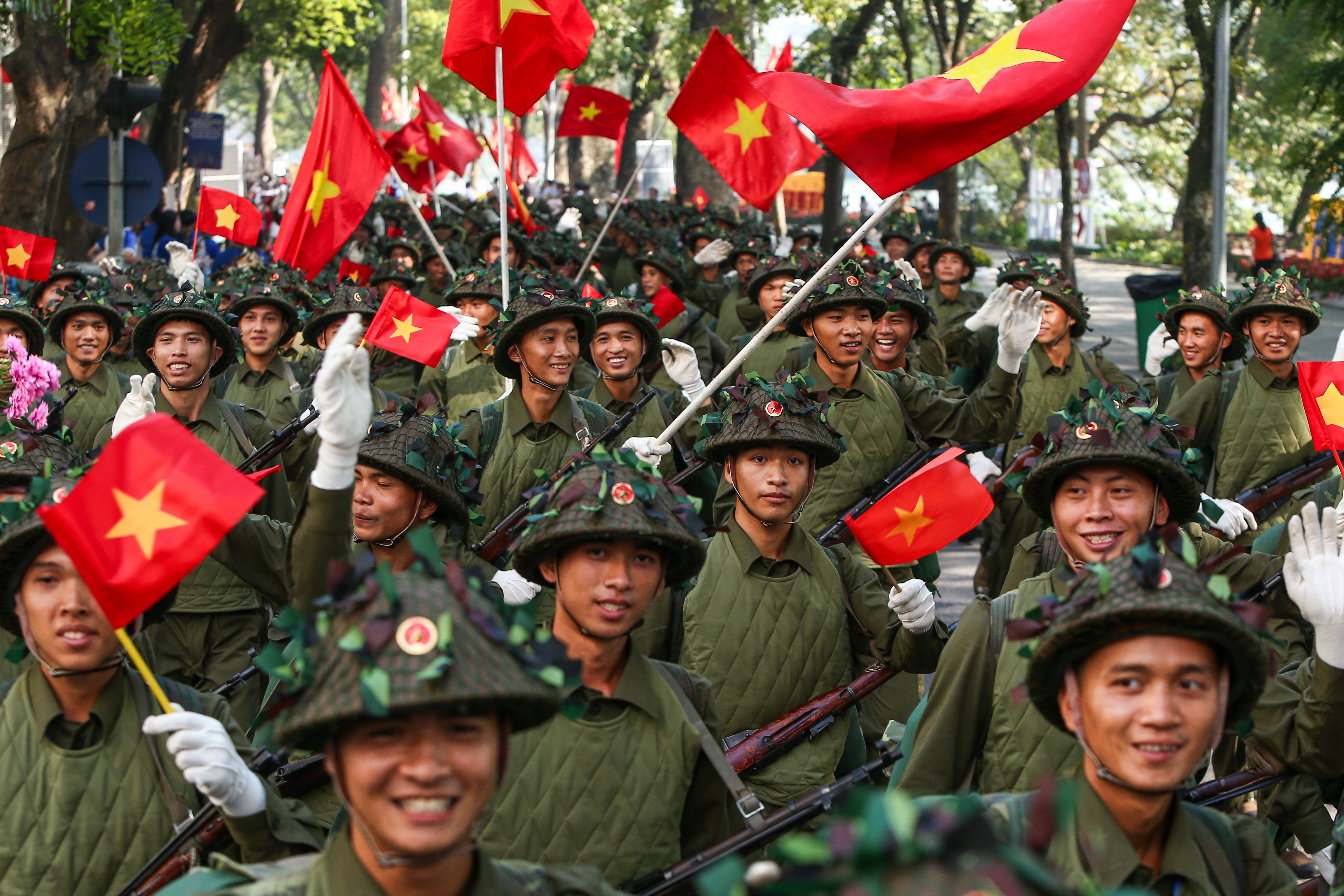



Comment (0)